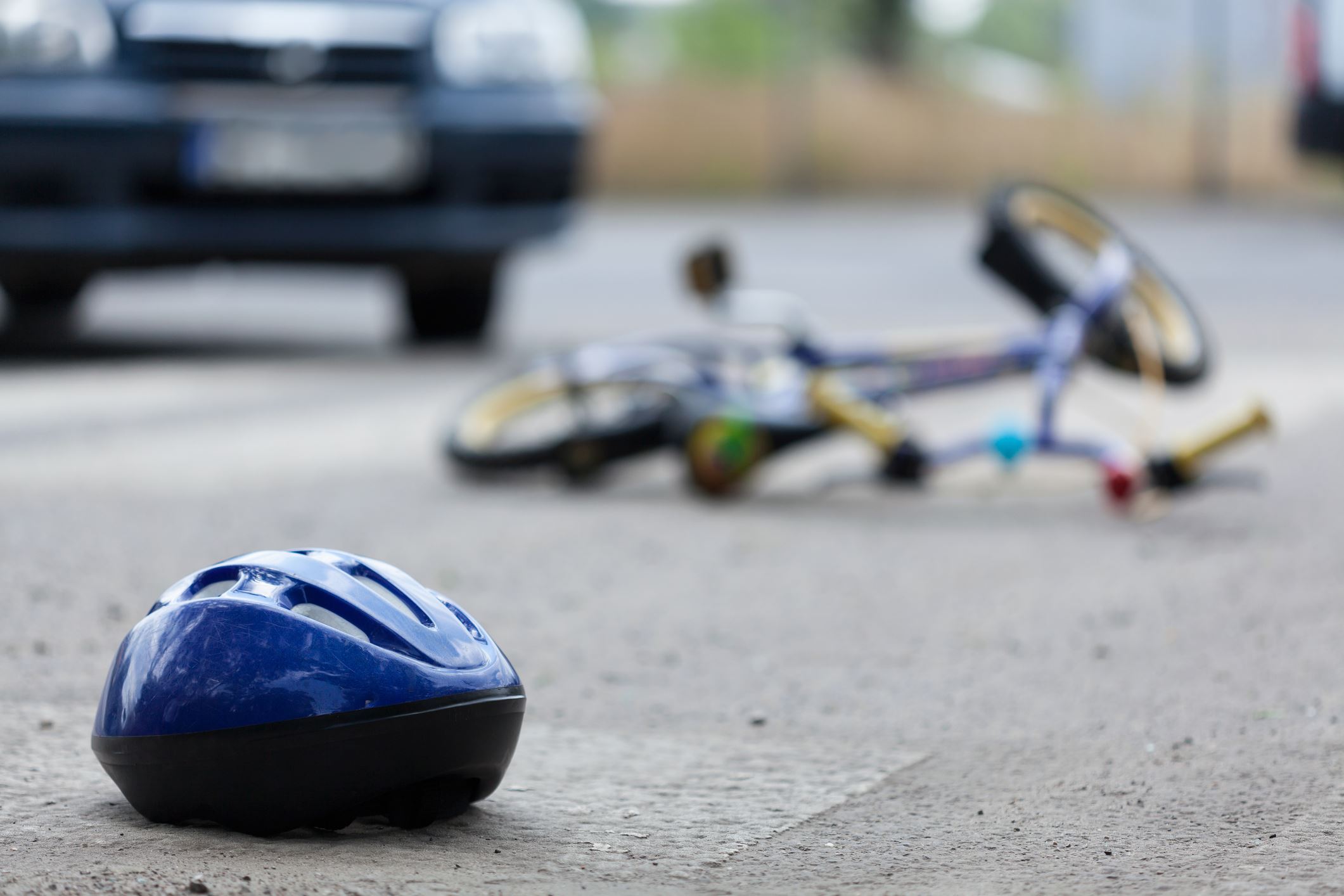As our cities become more congested, and the focus on sustainable transportation options grows, sharing the road with bicyclists has become increasingly important. Whether you’re a seasoned driver or a regular cyclist, understanding how to safely navigate the roads together is crucial.
The Rise of Bicycling
Bicycling has seen a resurgence in popularity in recent years, with more people opting for two wheels instead of four. This shift towards cycling as a mode of transportation brings numerous benefits, including reduced traffic congestion, improved air quality, and enhanced personal health. However, it also presents a unique set of challenges for both cyclists and motorists.
Why Sharing the Road Matters
Safety First
The most compelling reason for sharing the road safely with bicyclists is safety. Cyclists are vulnerable road users and are at greater risk of injury or fatality in accidents involving motor vehicles. By taking precautions and respecting their space on the road, we can help protect their lives and our own.
Environmental Benefits
Encouraging cycling as a means of transportation can have significant environmental benefits. Fewer cars on the road mean reduced emissions and a healthier planet. Sharing the road with cyclists supports this sustainable choice.
Reducing Traffic Congestion
Bicycles take up less space than cars and can help alleviate traffic congestion. When cyclists and motorists share the road harmoniously, it can lead to smoother traffic flow for everyone.
Tips for Sharing the Road Safely
Be Mindful of Bike Lanes
Many urban areas have designated bike lanes or shared lanes for cyclists. Always be aware of these lanes and avoid encroaching on them. Respect the space designated for cyclists’ safety.
Maintain a Safe Following Distance
When driving behind a cyclist, maintain a safe following distance. This gives you more time to react if the cyclist stops or encounters an obstacle.
Use Your Signals
Use your turn signals to indicate your intentions. This helps cyclists anticipate your actions and plan accordingly. Remember that cyclists may not be able to see your facial expressions or hear your engine.
Avoid Distracted Driving
Distracted driving is dangerous for everyone on the road. Stay off your phone and focus on the task of driving. Distracted driving poses a significant risk to cyclists.
Check Blind Spots
Cyclists can sometimes be hidden in your vehicle’s blind spots. Always check your mirrors and blind spots before making turns or changing lanes. Being vigilant can prevent accidents.
Pass Safely
When passing a cyclist, do so with care. Ensure there is enough space between your vehicle and the bicycle. Wait for a safe and clear moment to pass, and leave plenty of room between you and the cyclist.
Cyclists: Follow the Rules of the Road
Cyclists also have a responsibility to follow the rules of the road. This includes obeying traffic signals and signs, using hand signals for turns, and riding in the same direction as traffic. By adhering to these rules, cyclists can contribute to a safer environment for everyone.
Promoting a Culture of Respect
Ultimately, sharing the road safely with bicyclists is about promoting a culture of respect and understanding. Cyclists and motorists should view each other as partners in road safety, not adversaries. When we all take steps to ensure each other’s well-being, accidents can be prevented, and our roads can become safer and more harmonious spaces.
Sharing the road with bicyclists is not just a matter of convenience; it’s a matter of safety and sustainability. By following these tips and promoting a culture of respect on our roads, we can create an environment where cyclists and motorists can coexist harmoniously. Remember, every action you take while driving can make a difference in preventing accidents and ensuring the safety of all road users. Together, we can build a safer, cleaner, and more enjoyable transportation landscape for everyone.
If you were injured in a bicycle accident and are seeking compensation, call The Law Offices of Joshua W. Branch today at (706) 850-4994 to get started on your path toward justice.

